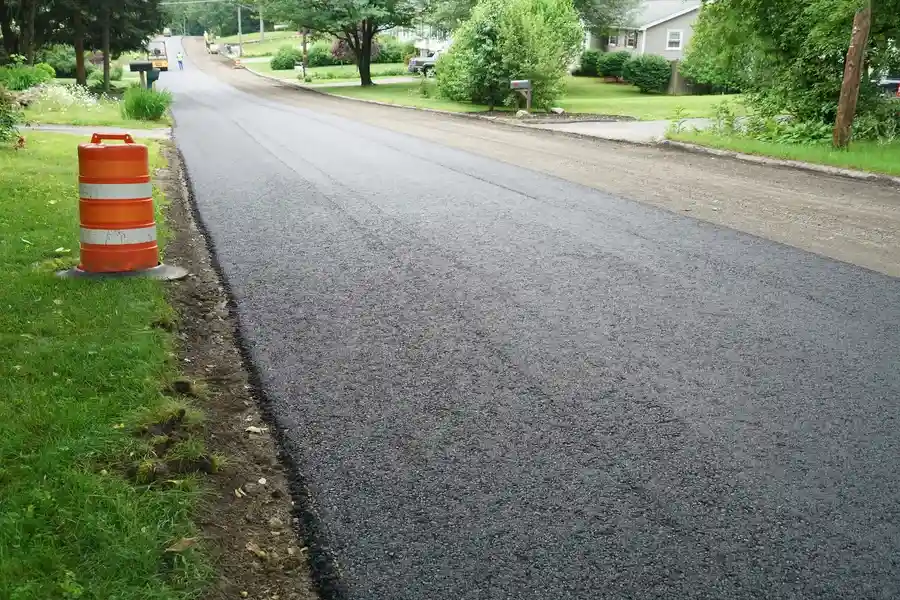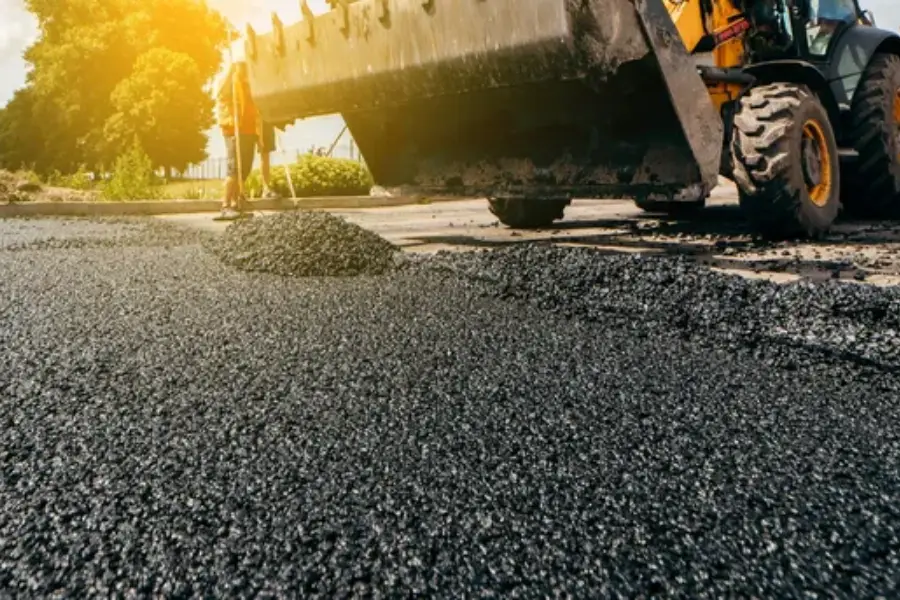Understanding Different Asphalt Mix Types for Your Needs
Choosing the right asphalt mix is crucial for the success of your paving project. Whether you’re working on a driveway, road, or parking lot, using the appropriate mix will ensure durability and longevity. The wrong choice could lead to costly repairs and frequent maintenance. Understanding the properties of each asphalt type can help you make informed decisions that suit both your project’s specifications and budget.

The Importance of Choosing Quality Materials
When it comes to laying down pavements, quality cannot be compromised. Asphalt paving requires specific mixtures that provide strength and flexibility under various conditions. A well-selected mix resists temperature changes and heavy loads, which prolongs the lifespan of the pavement. Opting for premium materials minimizes cracking and potholes, reducing long-term costs associated with frequent repairs.
Common Mistakes in Selecting Asphalt Mixes
Selecting the incorrect asphalt mix often leads to premature wear and tear. One common mistake in asphalt paving is choosing a standard mix when a specialized one is needed for unique environmental conditions or traffic loads. This oversight can result in faster degradation of the surface. It’s essential to match the mix to the specific demands of the project site for optimal results.

What Are Your Options?
There are several types of asphalt mixes available, each with distinct characteristics:
- Hot Mix Asphalt (HMA): Suitable for highways and major roads due to its durability.
- Warm Mix Asphalt (WMA): Less energy-intensive and suitable for city streets.
- Cold Mix Asphalt: Ideal for patching potholes and minor repairs.
Your choice depends largely on the project’s scale and environmental conditions.
Consider Environmental Conditions
The local climate plays a significant role in deciding which asphalt mix to use. For colder regions, a mix that can withstand freeze-thaw cycles is necessary. Conversely, hotter climates require mixes that resist softening under high temperatures. By aligning your mix choice with weather patterns, you extend the life of your pavement and reduce maintenance needs.
Cost Factors Involved in Asphalt Projects
The cost of an asphalt project varies based on material selection, area size, and regional pricing fluctuations. Although cheaper alternatives might seem appealing initially, investing in a higher-quality mix often proves more economical in the long run due to reduced repair needs. Consider the balance between upfront expenses and future savings when making your decision.
Sustainability and Eco-Friendly Alternatives
Recent advancements have introduced eco-friendly options in asphalt mixes. Using recycled materials not only lowers environmental impact but also reduces costs. Warm mix asphalt offers a more sustainable option by lowering production temperatures, thereby decreasing emissions during manufacturing. Choosing green alternatives supports sustainability goals while maintaining performance standards.
Final Thoughts on Choosing Your Asphalt Mix
To achieve lasting results, select an asphalt mix tailored to your specific project requirements. Evaluate factors like traffic load, environmental conditions, and budget constraints before making a decision. For expert guidance, contact Blackstone Asphalt Paving at (847) 960-8338. We’re located in East Dundee, IL and specialize in delivering customized solutions to meet your asphalt needs.
